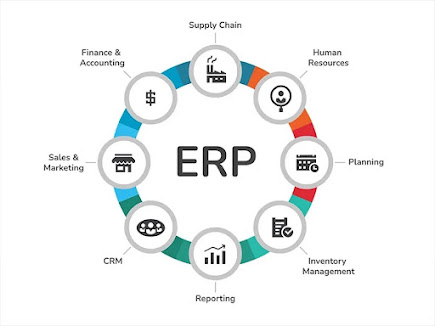Have you ever wanted to quickly get up and running with the ERPNext software suite but weren’t sure where to start? Do you have a background in web development, but aren’t familiar with server set-up or managing databases? If so, using Docker is an ideal solution for you. With Docker, ERPNext can be installed on your machine in just a few short minutes, allowing you to begin working on projects right away! Let’s take a look at what you need to know about installing ERPNext with Docker.
Simply put, Docker is an open-source tool that uses containers to easily package an application's code and all its dependencies into one easy-to-manage unit. It allows developers to create applications from components without worrying about any underlying infrastructure or configuration. This makes it incredibly easy for developers to quickly get up and running with their own applications.
Installing ERPNext With Docker
The process of installing ERPNext with Docker is actually quite simple. All you need to do is install the latest version of the official docker image for ERPNext and then run the docker container. This will install everything necessary for running the software on your machine. Once that’s done, you can access the software via your browser.
Managing Your Installation
Once you have installed Docker and launched your container, it’s important that you regularly update your installation so that it remains secure and stable. There are several tools available that can help automate this process, such as Portainer or Watchtower . These tools can help keep your container up-to-date by automatically checking for new versions of images when they become available. Additionally, these tools also allow you to easily back up your container or move it from one machine to another if needed.
Conclusion:
Using Docker makes installing and managing ERPNext incredibly simple and straightforward—no server setup required! With just a few clicks of the mouse, even novices can have their own instance of this powerful software suite up and running on their machines in minutes. So if you want to try out ERPNext but don’t want to deal with complicated manual installation processes or server configurations, give Docker a try! You won't regret it!



Comments
Post a Comment